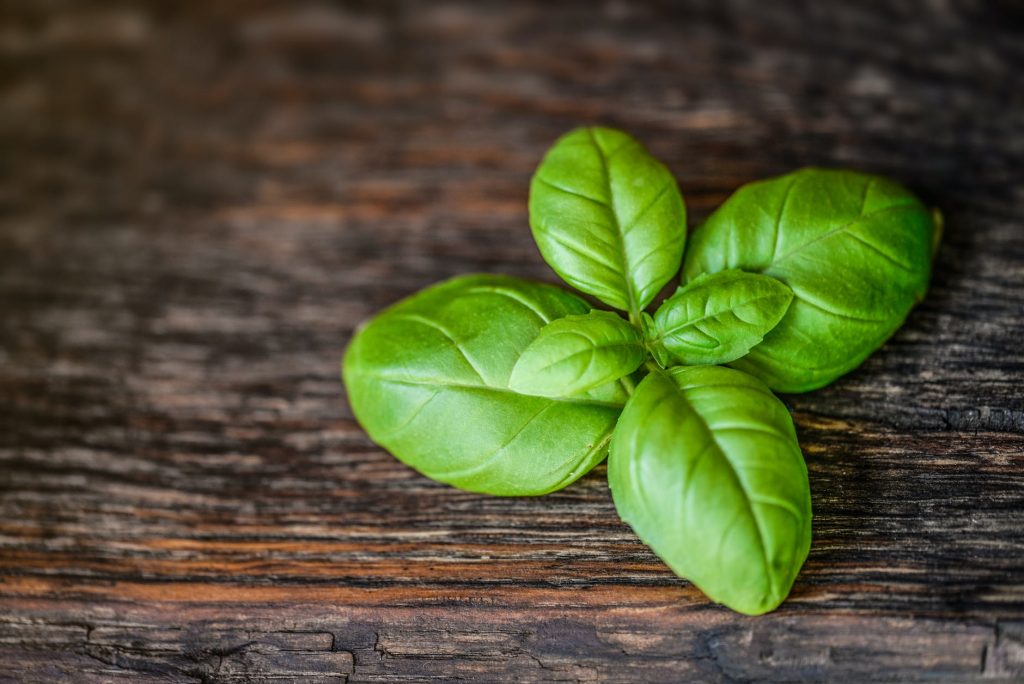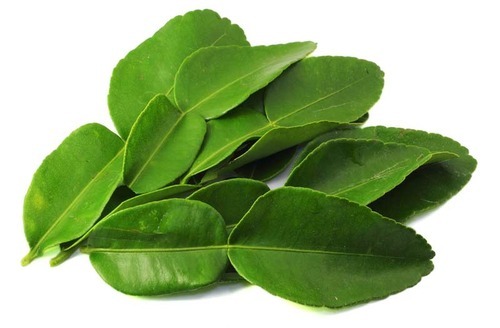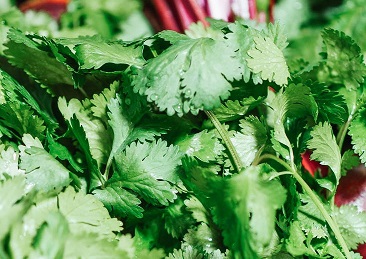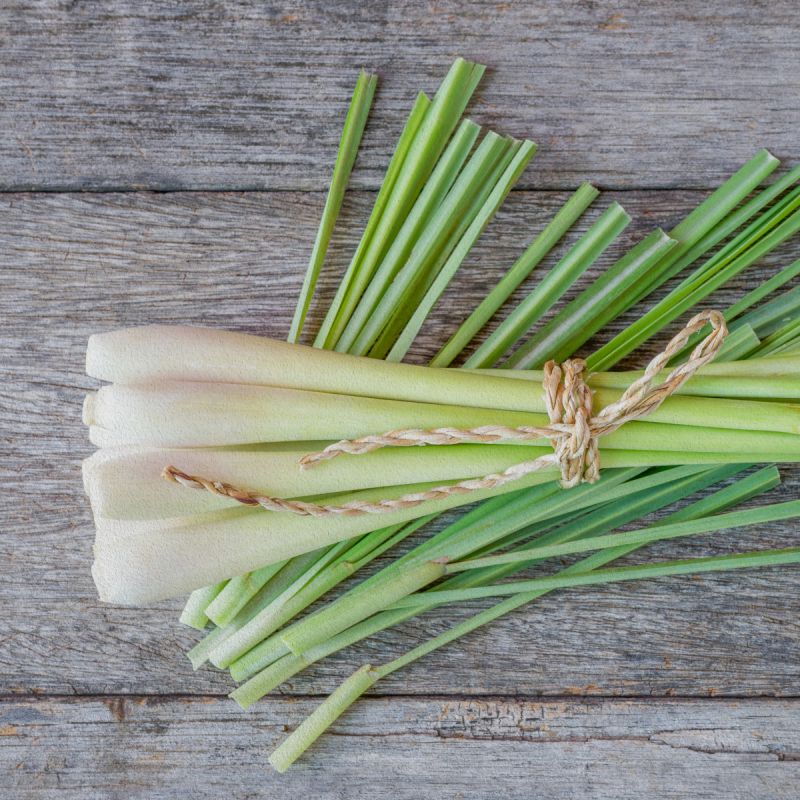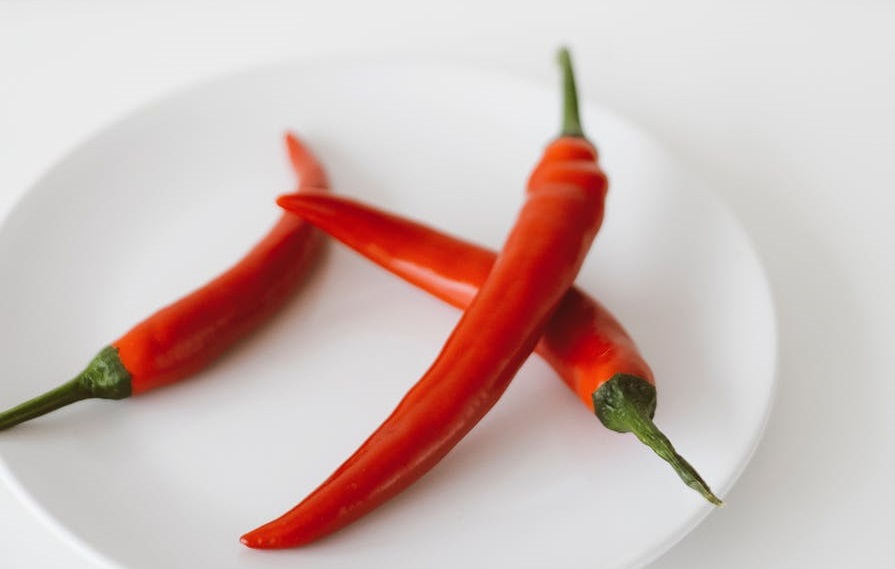…and some notes about why they’re good for you!
By Ashima Sethi
Now that we’re back into lockdown, we’re all once again in the mood to spruce up our living quarters. Beyond heightening feng shui and parting ways with old belongings, people have also embraced gardening (or if you’re a millennial: the act of becoming a ‘plant parent.’) to find some releaf from the ongoing pandemic. But if you’re new to being a pot head and need to nurture some beleaf in yourself before you develop a green thumb, here’s Masala’s guide.
BASIL
Holy basil (tulsi) gets its name from the peppery taste of its leaves. A herb used in a plethora of Thai dishes, it’s known to help the body protect against infection, lowers blood sugar and cholesterol, decreases infl ammation, and can help coat your stomach. Other kinds of basil to consider growing include Thai basil or ‘sweet basil’ and lemon basil.
Tips for growing: Basil takes approximately seven days to grow and consistent harvesting is recommended. Begin by purchasing seeds and plant them in a pot filled with rich soil. Basil requires well-drained soil to thrive, so make sure to retain its moisture. It also appreciates full sunlight, so make sure to keep the plant somewhere it can stay warm.
USED IN: Phad kraphao and green curry
MINT
In addition to adding a refreshing zing to any dish (or mocktail/cocktail), mint also has several beneficial properties for the body. It aids digestion, can help with asthma, colds and headaches, and can help soothe stress when infused in tea and compresses.
Tips for growing: Plant the seeds, making sure not to bury them deep in the soil as they require light to begin growing (although not direct sunlight). Do try to keep the soil moist by watering regularly. It is also recommended to use some kind of mulch to conserve the moisture and improve fertility. Similar to other herbs, consistent harvesting is recommended to keep the plant healthy.
USED IN: Indian mint chutney, raita and larb dishes
KAFFIR LIME
Kaffir lime (makrut in Thai) is a citrus fruit used in many dishes along with its leaves, both of which are wonderfully aromatic and can help add some zest to your cooking. It also helps maintain the digestive system, detoxifies blood, and boosts immunity. The fruit grows on a small tree that’s suited for growing indoors.
Tips for growing: Purchase regular potting soil and plant the seeds when the soil has warmed up a bit. Kaffir lime thrives in an environment with lots of light so try to place the tree in front of a window where its gets hours of direct light each day. Also make sure to water thoroughly to keep the soil moist but well-drained. Consider using mulch to keep the soil wet.
USED IN: Tom kha soup and Thai glass noodle salad
CORIANDER
Coriander (also known as cilantro) is used in cuisines all over the world thanks to its leaves that have a tart and almost citrusy taste to them. The plant also boasts health benefits including maintaining blood sugar, immune-boosting antioxidants, and it benefits heart, brain and stomach health.
Tips for growing: Plant your seeds one inch deep in moist soil. Considering coriander has deep roots, a longer pot with a good drainage system is recommended. Try to keep your pots somewhere with indirect sunlight and water regularly to keep the soil damp. The plant will take about three weeks to grow before you can begin harvesting from it.
USED IN: Vegetable stir-fries and for garnishing a variety of dishes
PARSLEY
Parsley is a versatile herb used worldwide in sauces, salads, marinades, and more. Its leaves have a subtle peppery and earthy taste to them, making them a great addition to many dishes. It’s also rich in vitamins A, C, and K, and it is said to pro pro protect the body against chronic diseases while providing antioxidant benefits too.
Tips for growing: Soak parsley seeds for 24 hours before you plan on planting them. Pick compost-rich soil for planting and make sure to keep the soil moist by watering no less than two times a week. Parsley requires a lot of sunlight to grow successfully so make sure to keep your pots in a sunny area. If required, look into purchasing commercial fertiliser that will help the plant grow even stronger.
USED IN: Fried rice and yum dishes
LEMONGRASS
Lemongrass is viewed as a prized herb in Asian cooking thanks to its so its strong citrus flavour and incredible aroma. Used predominantly in teas, sauces, and soups, it can aid with digestive problems, high blood pressure, achy joints, colds, congestion and exhaustion. Lemongrass is considered easy to grow, and forms a grassy clump that’s a few feet tall when plan when planted.
Tips for growing: Lemongrass likes warm temperatures, so make sure to keep your plant in direct sunlight. Mix compost with well-drained soil and put into a pot. Make sure to keep the soil consistently moist, especially when the top one inch becomes dry. Harvest the lemongrass stalks once your plant grows till about 12 inches tall.
USED IN: Herbal teas and Tom yum soup
CHILLIES
No Asian dish is complete without a hint of spice, especially in Thailand. From salads to soups and stir fries, there’s no escaping the famed birds eye chilli. Beyond just adding a smoky flavour to any dish, chillies are also renowned for their antioxidant properties that can aid with digestive health and metabolism, joint pain relief, fighting inflammation and infections, colds, and the flu.
Tips for growing: Put seed compost in small pots, and then place seeds on the surface. Pre-water the soil. Chilli seeds thrive in warmth so make sure to put the pots somewhere warm with lots of sunlight, this could mean outside or even by windowsill. Chillies don’t require a lot of attention but make sure to keep the soil moist by watering once a day.
USED IN: Chilli pastes, hot chilli garlic sauce for dipping, chilli paneer
Where do I buy what I need?
There are many places you can hunt for seeds including supermarkets, fresh markets like Talaad Thai and Thewet Market, and via online portals like iHerb, Shopee, and Lazada. Same goes for soil, mulch, compost, and other kinds of fertiliser.



